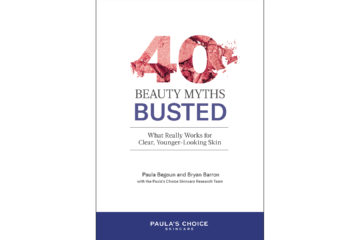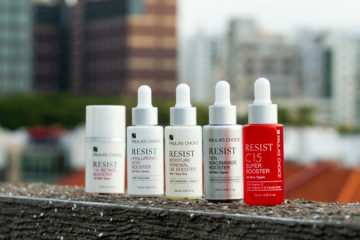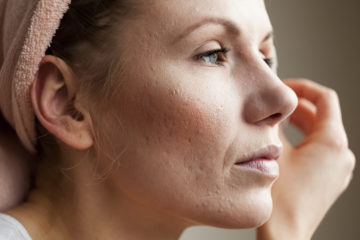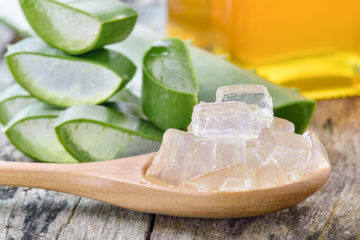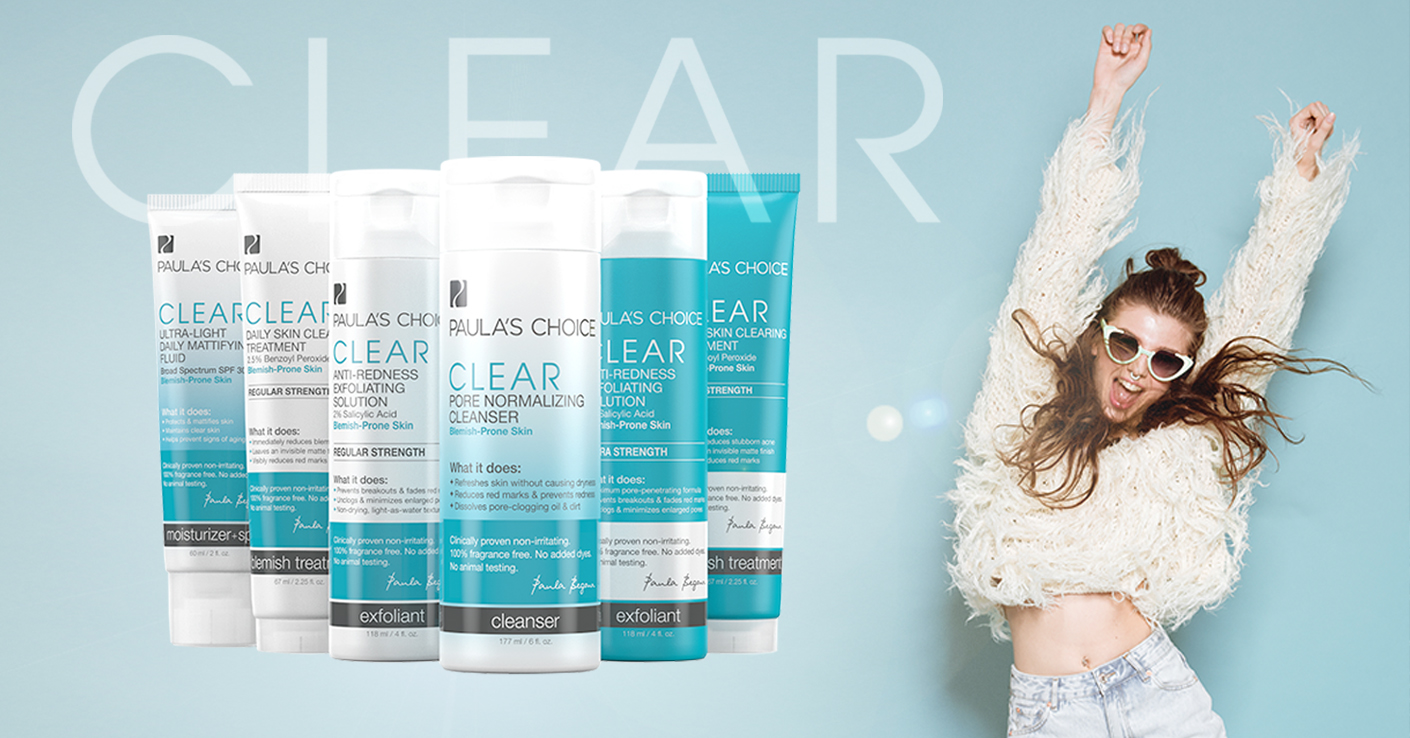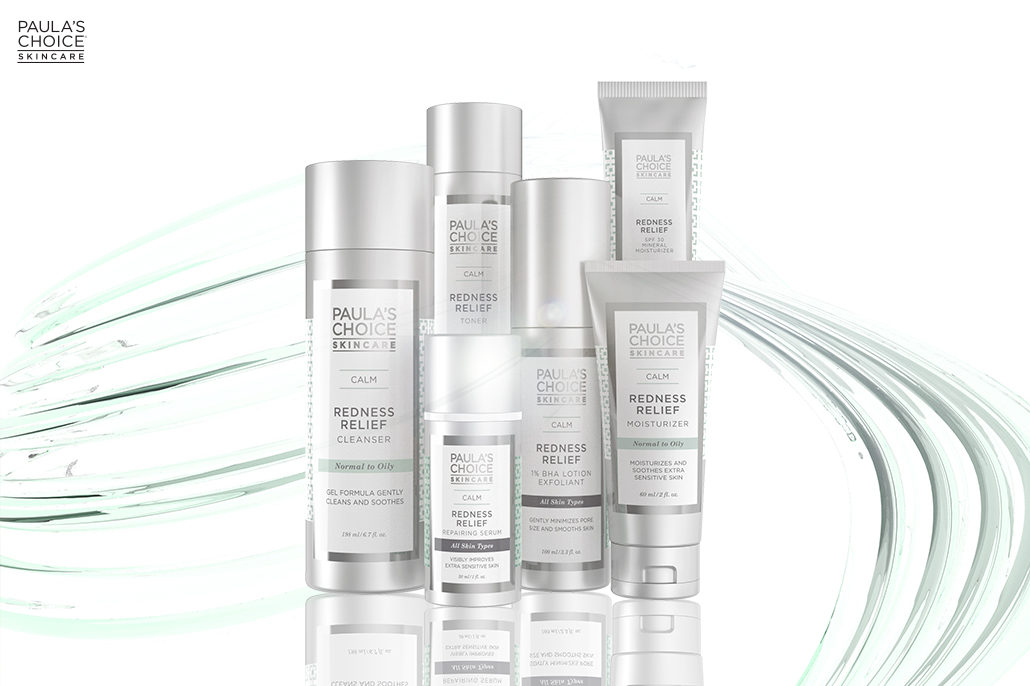How To Get Rid Of Acne Cyst Quickly!
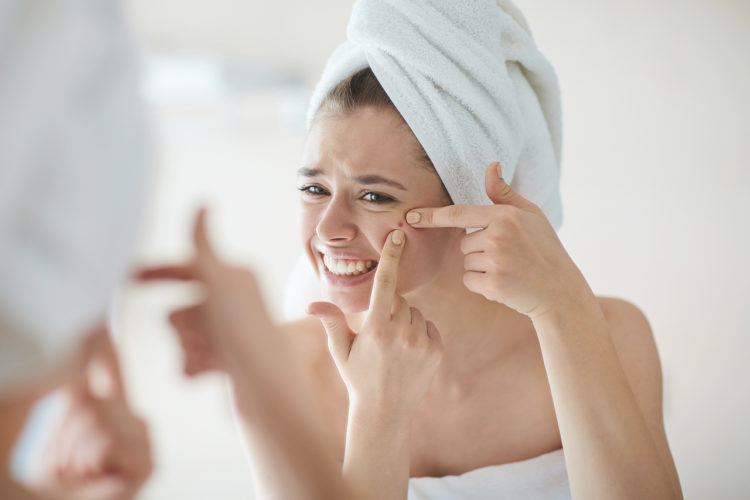
Unlike normal pimples, cystic acne are large painful breakouts that happen deep in the skin. If not treated promptly and with the right methods, they can linger for years and also affect large areas of your skin. If you suspect that you have cystic acne, it is importantly to quickly take care of it. Use these methods to properly take care of cystic acne before it becomes a bigger problem.
Over-The-Counter Products & Skin Care Routines
As with all types of acne, the first place to start is with over-the-counter products and some skincare tips:
- Keep your skincare routine as simple as possible and follow it religiously.
- Use a gentle, but effective water soluble cleanser twice a day
- Avoid bar cleansers (the ingredients that keep bar soap in bar form can clog pores)
- Exfoliate once or twice a day with a salicylic acid (BHA) based exfoliant to reduce redness and swelling, help reduce bacteria in the pore, and exfoliate on the surface and inside the pore to improve oil flow. Paula’s Choice offers a variety of effective BHA exfoliants.
- Apply benzoyl peroxide to kill the bacteria in the pore.
- Never use thick moisturizers in the areas where any type of acne occurs as they can clog pores. Stick with lightweight options with gel or lotion textures.
Dermatologists
If over-the-counter options aren’t successful after at least four weeks of daily treatment, your next step is to see a dermatologist. Here are the treatment options your dermatologist can offer, ranked in ascending order of their potential for side effects:
Photodynamic Therapy (PDT)
This is a procedure that involves topical application of a photosensitizing cream and repeated controlled blue or red LED light exposure. Though treatment is costly and takes several visits to a dermatologist over the span of a few months, there’s enough evidence to suggest that these treatments shrink the oil glands, reduce the amount of oil in the pores and kills the bacteria, all of which can minimize cystic acne breakouts.
Oral Antibiotics
There are several types of oral antibiotics that are worth discussing with your dermatologist and are options for short-term use under a doctor’s care. Side effects include, but are not limited to, dizziness, headache, nausea, rash, and gastrointestinal issues such as diarrhea and abdominal pain. The rise of sulfa-based antibiotics (such as Bactrim) to manage acne is due to the development of bacterial resistance to more commonly prescribed antibiotics (such as tetracycline). For best results, oral antibiotics should be used with topical products formulated to treat acne.
Hormone Therapy
For some women, constant overproduction of androgens is the chief culprit for causing cystic acne. There is a good deal of research showing that drugs which block the production of androgens can be incredibly helpful. The downside is that these prescription drugs are not without side effects. To reduce side effects, anti-androgen medications (an example would be spironolactone) are generally prescribed in low dosages.
Isotretinoin
Isotretinoin (formerly prescribed as Accutane) is an oral medication that directly affects the oil gland, literally changing its shape and stopping the flow of oil. Results can be immediate and lasting. Unfortunately, isotretinoin is associated with serious side-effects that must be taken into consideration. Risk to a fetus if you become pregnant, overly dry skin, hair loss, nose bleeds, liver function problems, and headaches are some of the more notable you should be aware of. Despite the risks, isotretinoin remains the only potentially permanent cure for cystic acne.
Conclusion
Summing up, cystic acne is the most difficult type of acne to treat to the depth of the breakouts and damage to the oil gland itself.
“Although over-the-counter acne products can be helpful for some with cystic acne, almost everyone dealing with this type of acne will need to seek help from a dermatologist.”
A consistent routine of anti-acne skincare along with topical and possibly, oral prescription medications can get cystic acne under control and reduce its potential to leave permanent scars.


